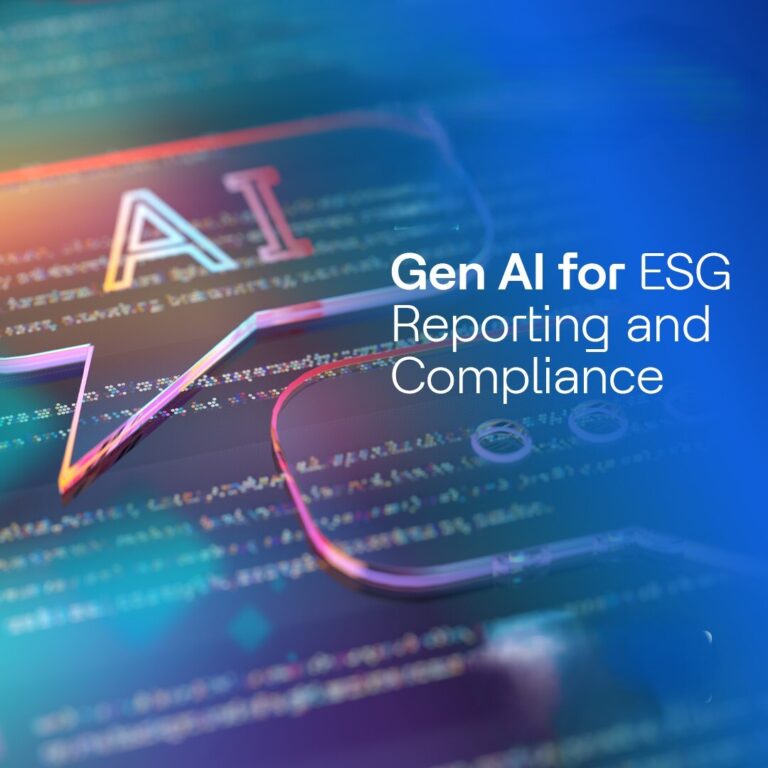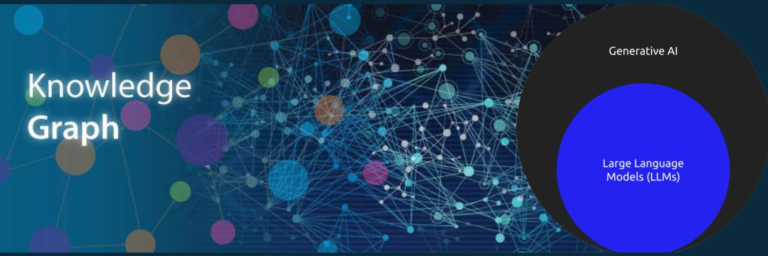Environmental, social, and governance (ESG) investing has become increasingly popular in recent years as investors seek to align their investments with these factors. But what is ESG, and why does it matter? ESG stands for Environmental, Social, and Governance. ESG refers to a set of non-financial metrics used to evaluate the sustainability and societal impact of a company or investment. ESG analysis looks at factors such as a company’s carbon footprint, labor practices, and board diversity, among others, to determine its overall ESG performance. The aim of ESG analysis is to help companies and investors make informed decisions that balance financial return with positive social and environmental impact.
Furthermore, companies are also expected to place greater emphasis on ESG factors, as they recognize the business benefits of sustainable and socially responsible practices. This includes improved reputation and brand image, attracting and retaining employees, and increased innovation.
Governments are also likely to play a larger role in promoting ESG practices through regulations and incentives. This could include mandatory ESG reporting, tax incentives for companies with strong ESG performance, and fines for companies that violate ESG standards.
The technology sector is playing an increasingly important role in the ESG movement. This is because technology companies are becoming significant drivers of global economic activity and have a large impact on the environment and society.
Artificial Intelligence (AI) is also increasingly being used to support ESG efforts. Here are some ways in which AI can be applied to ESG:
-
Environmental impact analysis:
AI can be used to analyze a company’s carbon footprint and identify areas for improvement, as well as track the company’s progress towards reducing its impact on the environment. -
Social responsibility monitoring:
AI can be used to monitor a company’s social media presence and track public opinion on its ESG performance. This can help companies identify areas for improvement and respond to stakeholder concerns.
-
Corporate governance:
AI can be used to analyze financial data and provide insights into a company’s governance practices, helping investors make informed decisions about where to invest their money.

-
Supply chain management:
AI can be used to monitor suppliers and identify any ESG risks associated with the products and services they provide. This can help companies minimize their exposure to ESG risks and improve their overall ESG performance.
By applying AI to ESG, companies can gain valuable insights, make data-driven decisions, and take steps to improve their performance in these important areas.
Overall, the trend towards ESG is expected to continue to grow, as the world becomes more focused on sustainable and responsible practices, and as the financial sector recognizes the benefits of incorporating ESG considerations into investment decision-making.
*Modified suggestions from ChatGPT were used in some parts of this blog post












